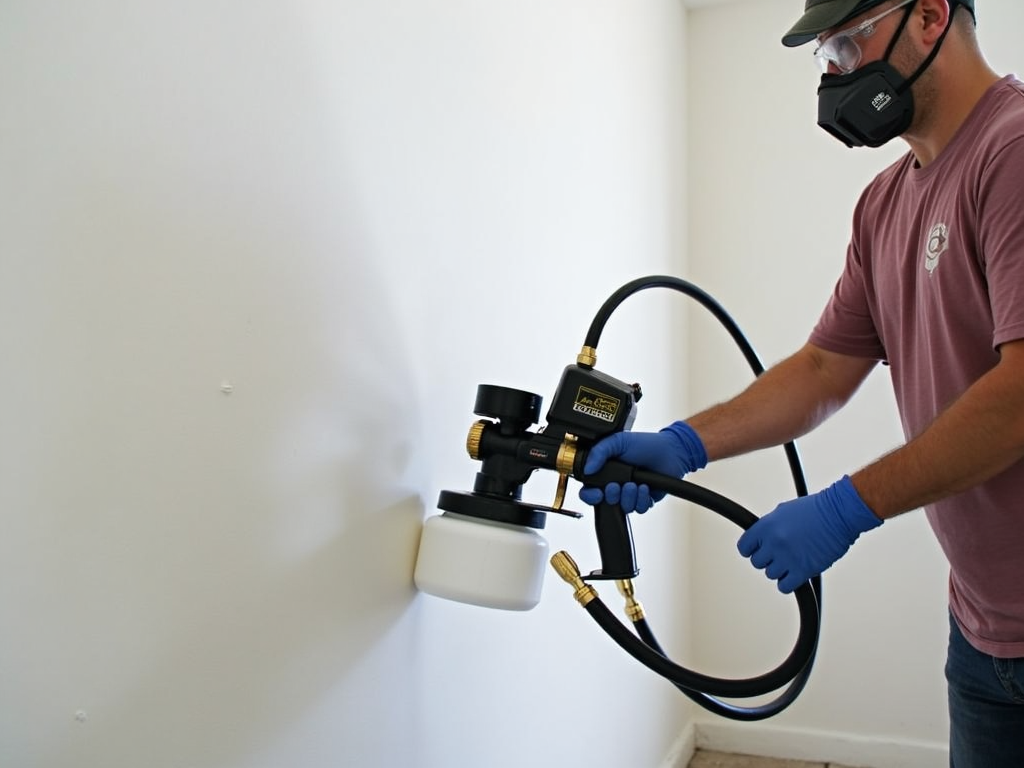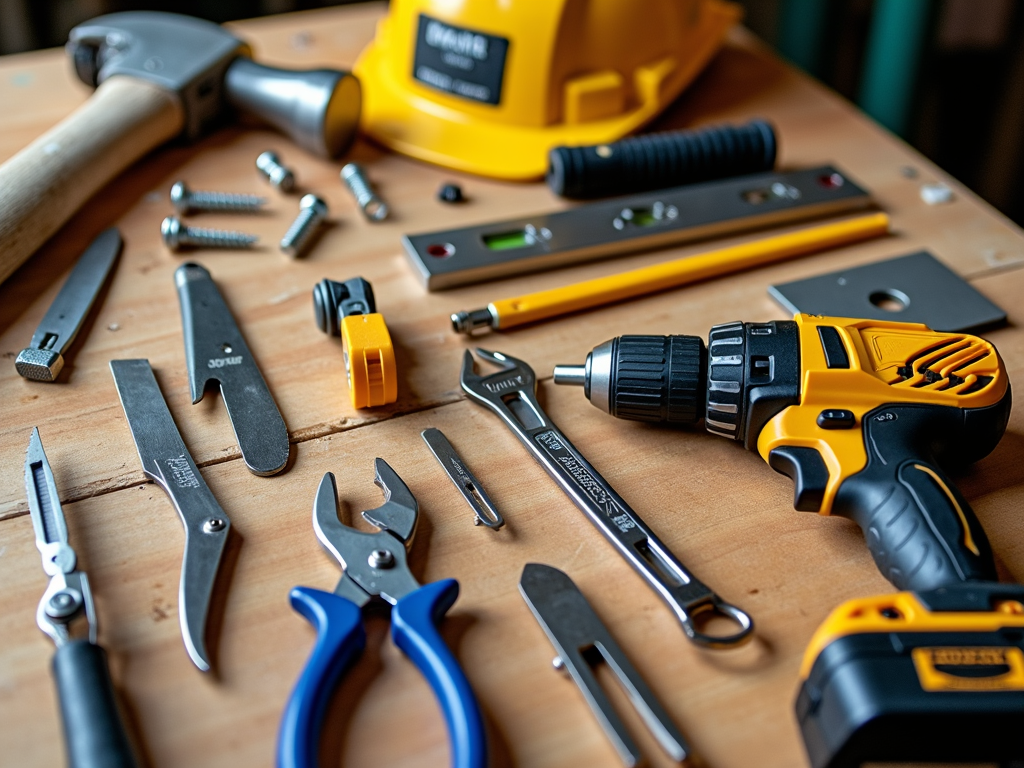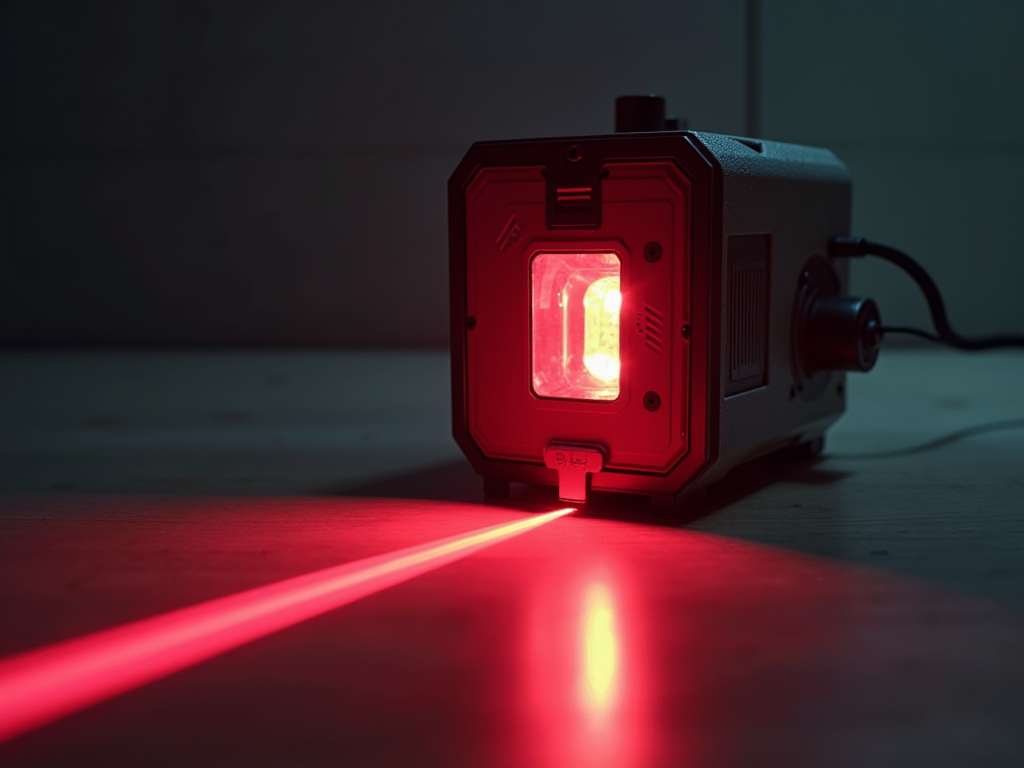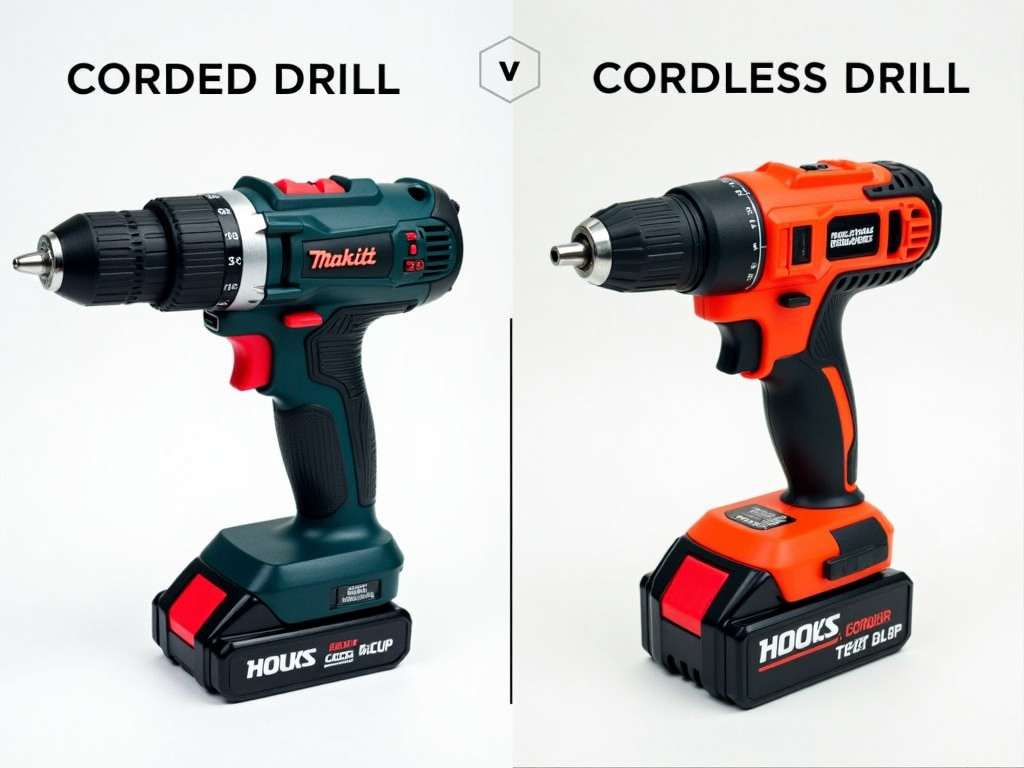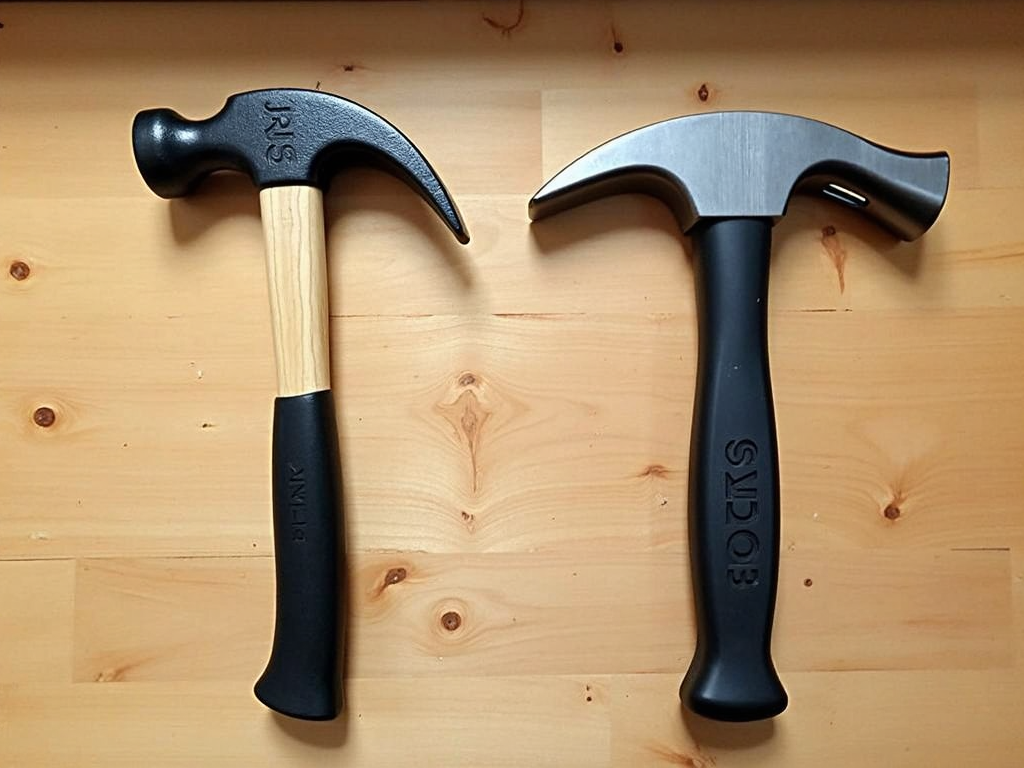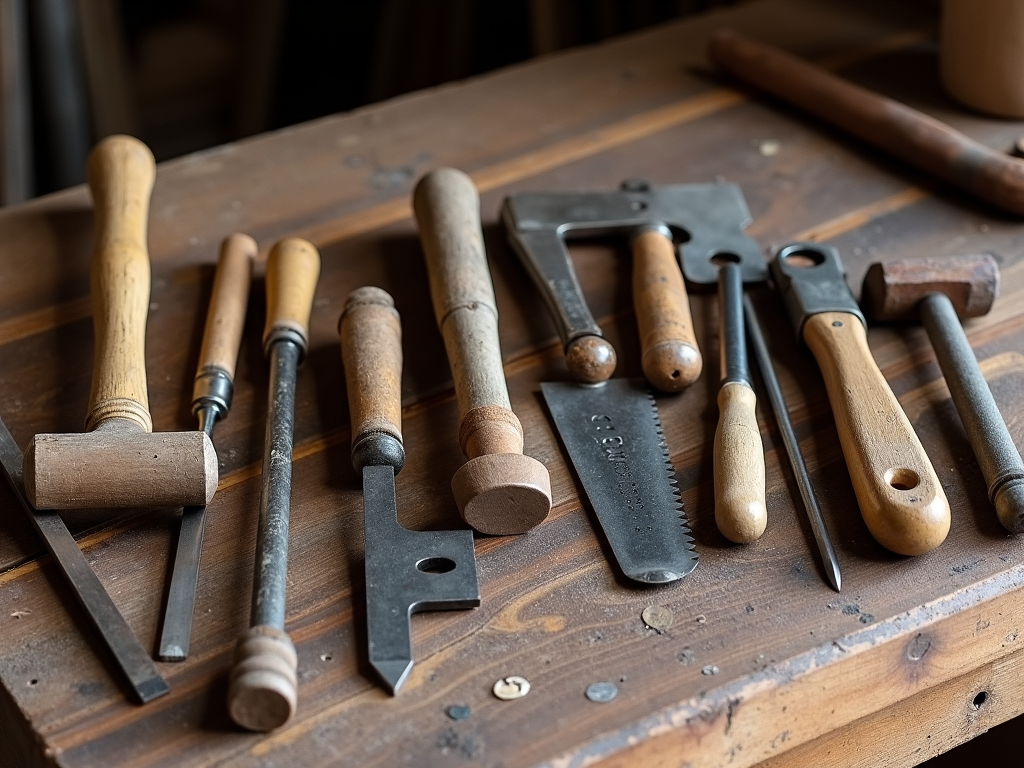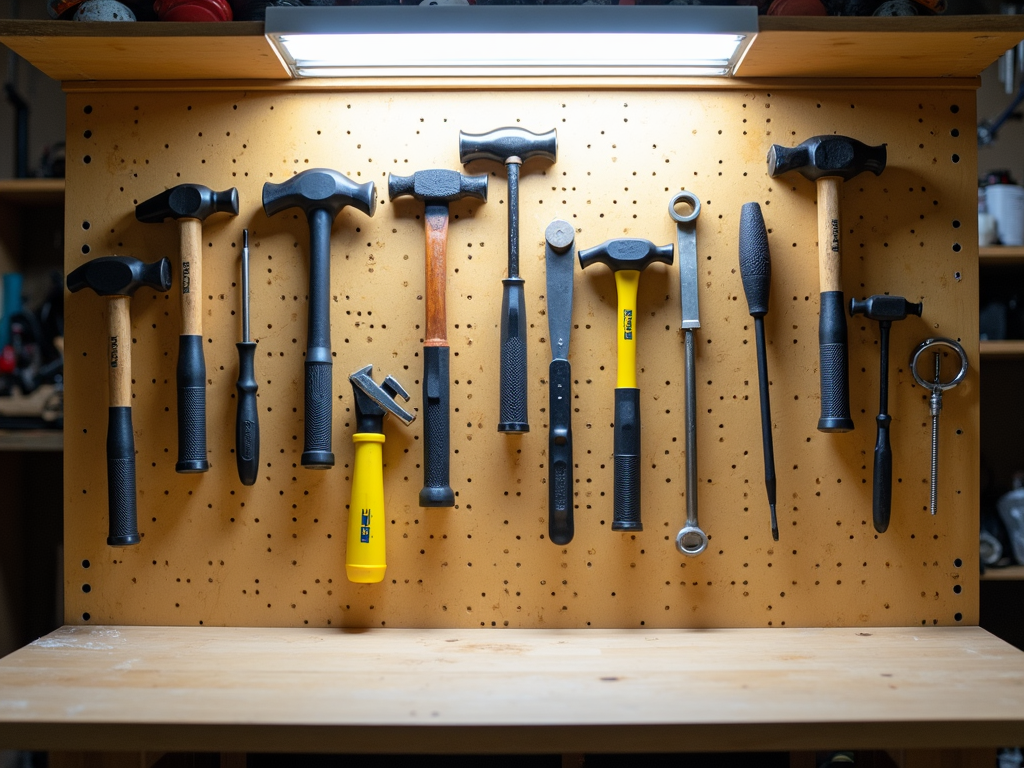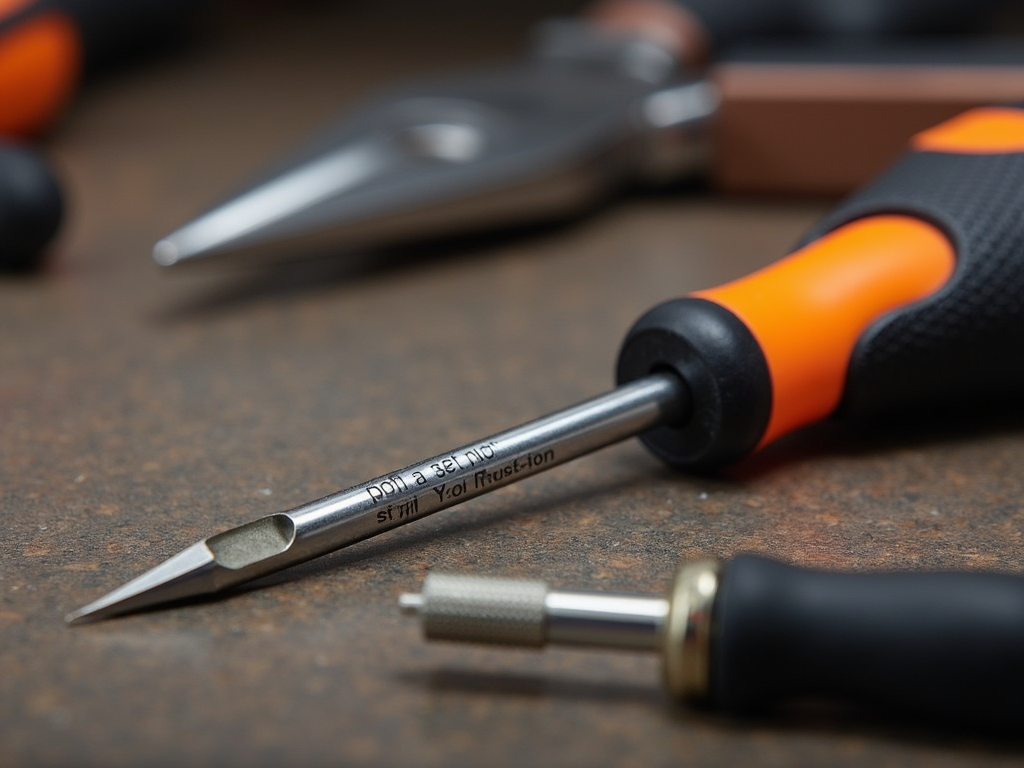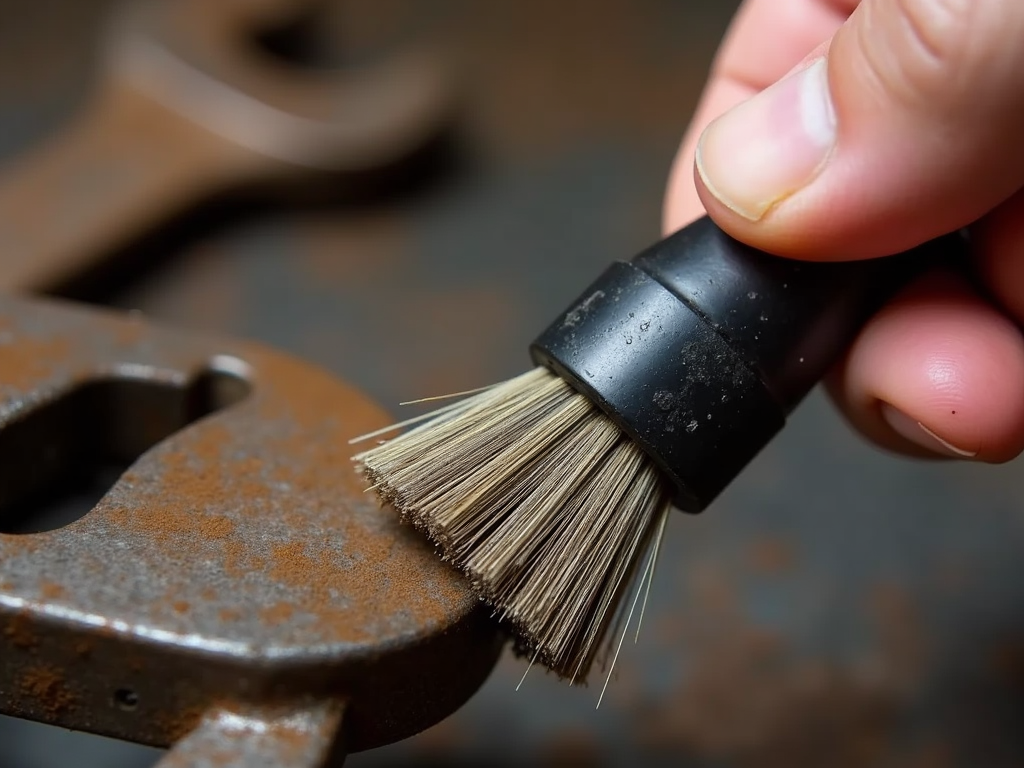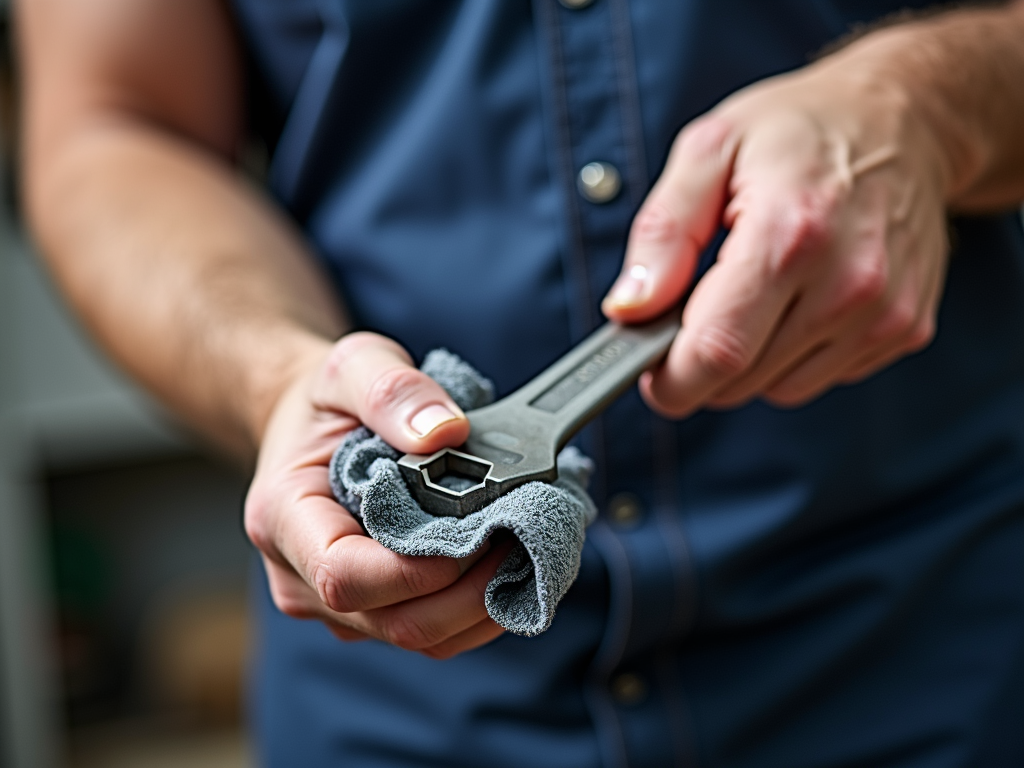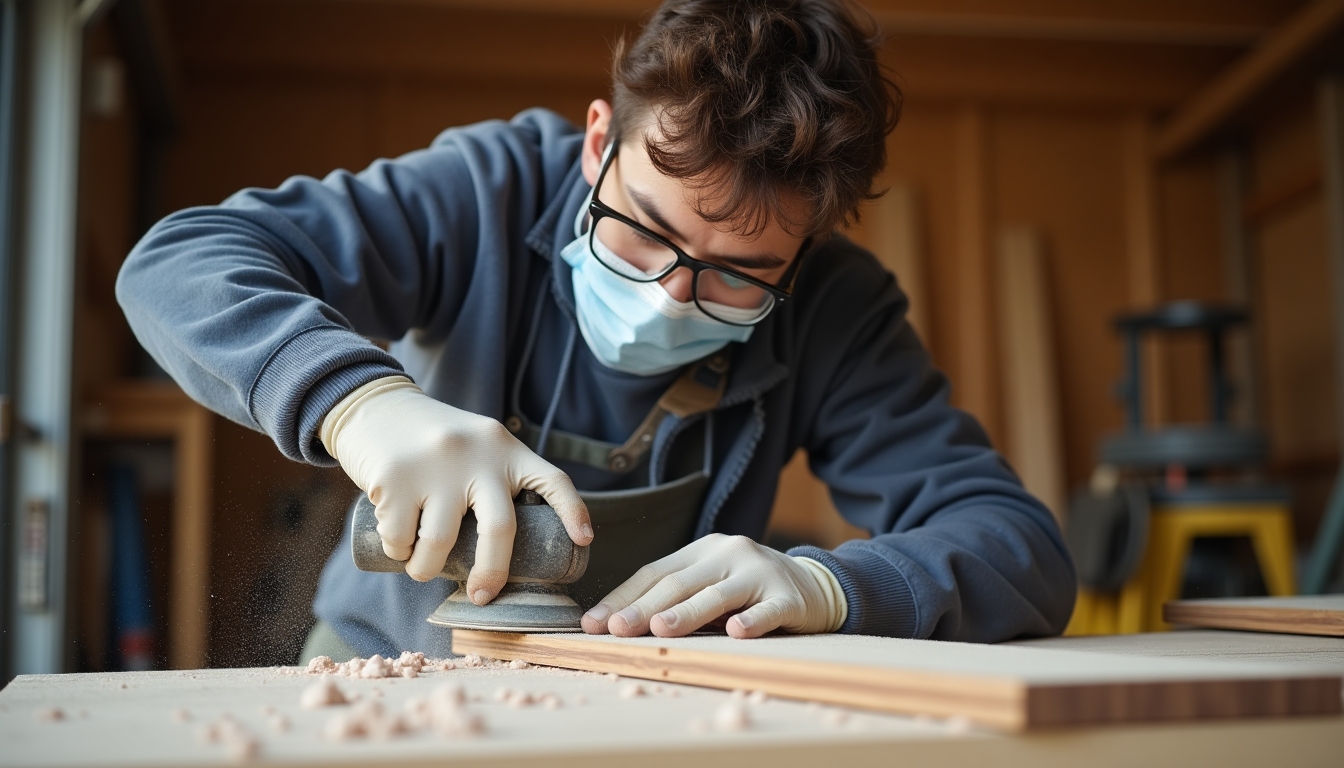Overview
Starting out as a contractor takes more than just skills—it requires the right gear. This guide covers the Essential Gear for New Contractors to help you work smarter, stay safe, and impress your clients with professional results.
Why the Right Tools Matter
Your tools are your partners on every job. They shape how quickly you work, how well you perform, and even how clients see you. For new contractors, picking top-quality workman tools for contractors isn’t just about getting the job done—it’s about building a reputation. I’ve seen friends in the trade struggle with cheap gear that breaks mid-project. Trust me, investing in the Essential Gear for New Contractors saves you time, money, and headaches down the road.
This article walks you through the basics: hand tools, power tools, safety equipment, and more. We’ll focus on practical picks that work for most trades, with a nod to specialties too. Let’s dive in.
Must-Have Hand Tools
Hand tools are where it all starts. They’re the foundation of any contractor’s kit, letting you tackle small fixes or big builds with precision. Here’s what you need:
- Hammer: Get one with a solid grip and balanced weight. I’d go for a 16-ounce claw hammer—versatile for driving nails or prying stuff apart.
- Screwdrivers: Grab a set with flathead and Phillips tips. Magnetic ends make life easier when screws are tiny.
- Pliers: You’ll want needle-nose for tight spots, slip-joint for general use, and locking pliers for a firm hold.
- Wrenches: An adjustable wrench plus a set of combination wrenches (8mm to 19mm) covers most bolts and nuts.
- Measuring Tape: A 25-footer with a lock feature ensures accurate cuts every time.
Quality counts here. Cheap workman tools bend or snap when you need them most. Spend a bit more on brands known for durability—your future self will thank you.
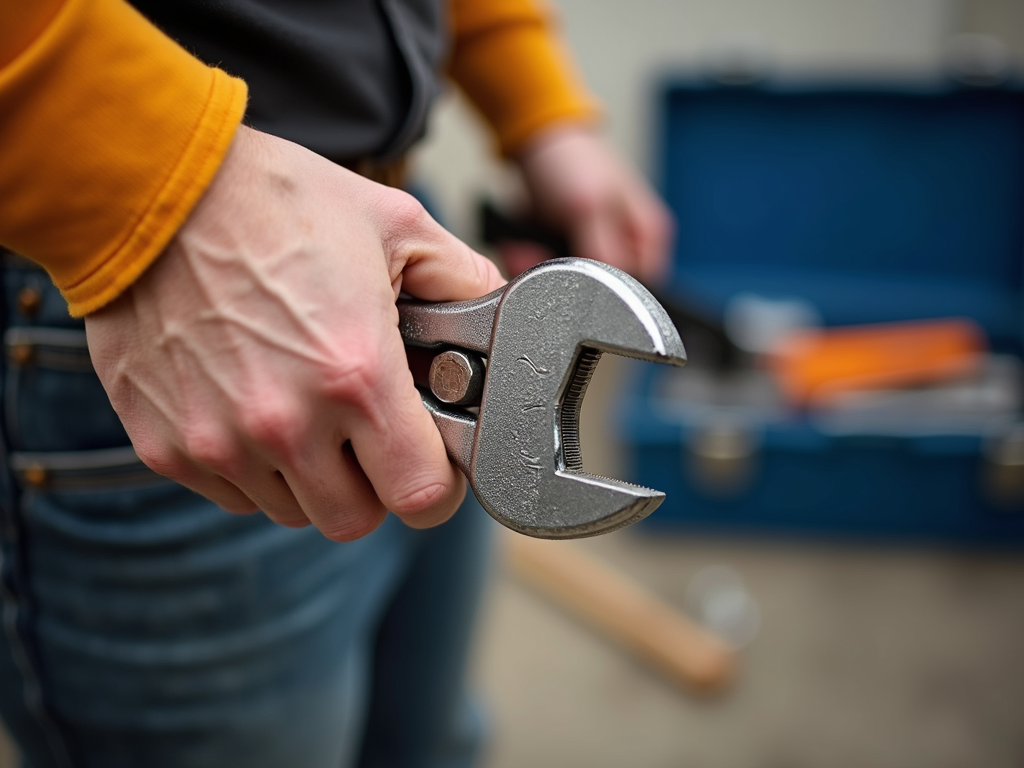
Power Tools to Boost Your Game
Power tools take your work to the next level. They save time and effort, letting you handle bigger jobs. Here’s a shortlist of essentials:
| Tool | Why You Need It | What to Look For |
|---|---|---|
| Cordless Drill | Drilling holes, driving screws | 18V, multiple speeds, hammer mode |
| Circular Saw | Cutting wood, metal, or drywall | 7-1/4 inch blade, cordless option |
| Reciprocating Saw | Demolition or cutting tough stuff | Variable speed, tool-free blade |
| Orbital Sander | Smoothing surfaces for a pro finish | Dust collection, random orbit |
I’d pick cordless models for flexibility—no cords tripping you up on-site. Check battery life and grab an extra pack. A buddy of mine swears by his drill’s clutch feature; it stops you from stripping screws. Smart choice.
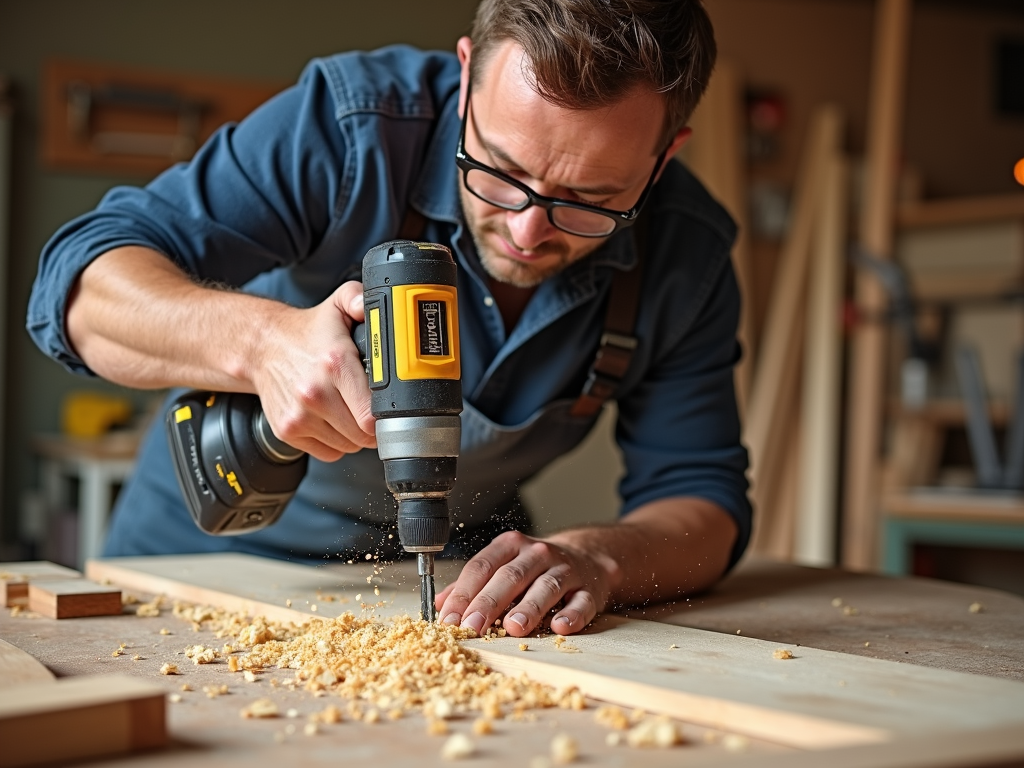
Safety Gear: Protect Yourself First
You can’t work if you’re hurt. Safety gear keeps you in the game and shows clients you’re serious. Here’s the lineup:
- Hard Hat: Shields your head from falling debris. Make sure it fits snugly.
- Safety Glasses: Blocks dust and flying bits. Go for wraparound styles.
- Gloves: Protect your hands without losing grip. Leather or synthetic works well.
- Ear Protection: Earplugs or earmuffs cut noise from power tools.
- Work Boots: Steel-toe boots guard your feet and keep you steady.
The Occupational Safety and Health Administration (OSHA) says construction injuries drop when gear’s used right. I’ve watched a guy dodge a hospital trip because his boots took a hit instead of his toes. Don’t skimp here.

Organizational Tools for Efficiency
Messy tools slow you down. Good organization keeps you moving fast and looking sharp.
- Toolbox: A metal or heavy-duty plastic one with trays keeps everything sorted.
- Tool Belt: Holds your go-to tools—hammer, tape, wrenches—right at your hip.
- Storage Racks: Wall mounts in your truck or shop save space for bigger gear.
I once helped a contractor friend set up his belt. He cut his fetch time in half. Small tweaks like that add up on long days.

Specialized Tools for Your Trade
Some jobs need unique gear. Plumbers might grab pipe wrenches, electricians need wire strippers, and carpenters love a good chisel. Research your niche, but start with the basics we’ve covered—they’ll carry you far.
Why Quality Beats Cheap Every Time
Here’s the deal: top-quality workman tools for contractors cost more upfront but pay off long-term. They last longer, work better, and often come with warranties. A cheap drill I bought once died in a week—lesson learned. Stick to trusted brands and read reviews. Your tools are your business’s backbone.
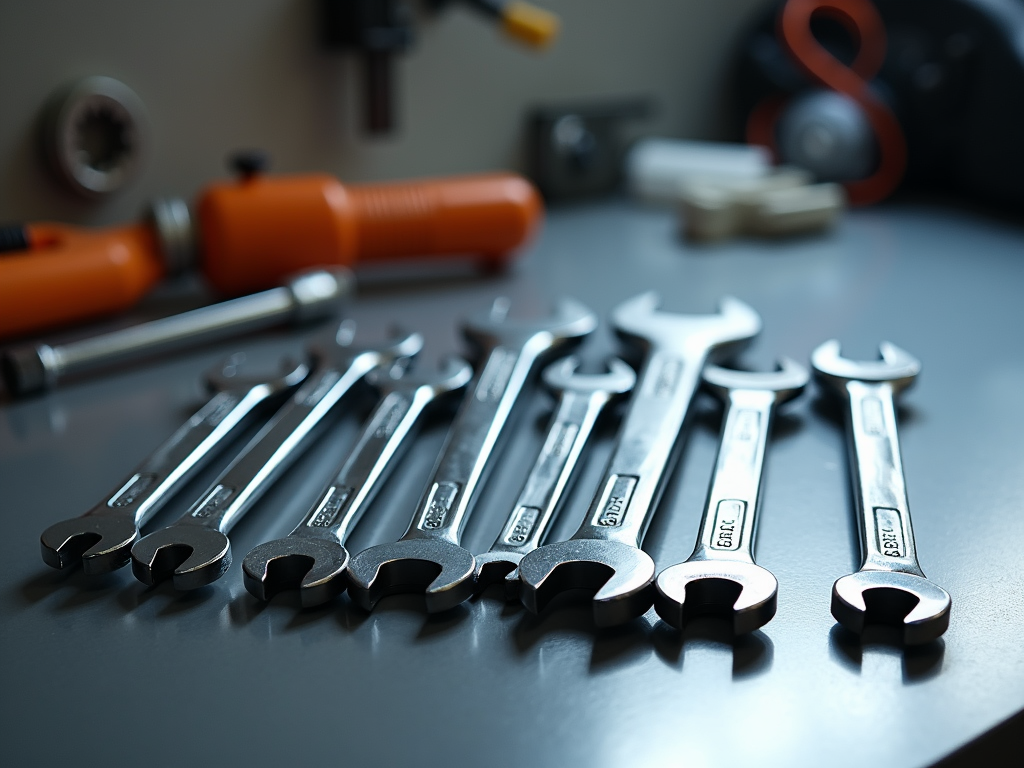
Tips for Buying Smart
Start small—get the essentials, then add as jobs demand. Look for deals at hardware stores or online, but check return policies. Used tools can work if they’re in good shape; just test them first. And always keep receipts for warranties.
Summary
The Essential Gear for New Contractors sets you up for success. Hand tools like wrenches, power tools, safety gear, and organizers form your toolkit’s core. Go for quality over bargains to save time and build trust with clients. You’re not just buying tools—you’re investing in your future.
Related Essential Gear for New Contractors:
- 10 Must-Have Painting Tools for Faster Projects
- Top 10 Must-Have Tools for DIY Beginners: Your Essential Guide to Starting Strong
- Innovative Construction Tools: Boosting Efficiency on the Job Site
- Exploring the Latest Trends in Electrical Tools for 2023
- Why Ergonomics Boosts Efficiency: The Power of Ergonomic Hand Tools
- The Evolution of Power Tools: From Manual to Modern
- Maintenance Tips for Keeping Your Tools in Top Condition
- Ergonomic Workbench Setup Tips for a Comfortable and Productive Workspace
- How to Choose Ergonomic Workman Tools
- How to Care for Your Hand Tools Like a Pro
- Essential Hand Tools Maintenance Tips for Every Workman
- Essential DIY Safety Tips for Beginners: A Comprehensive Guide
